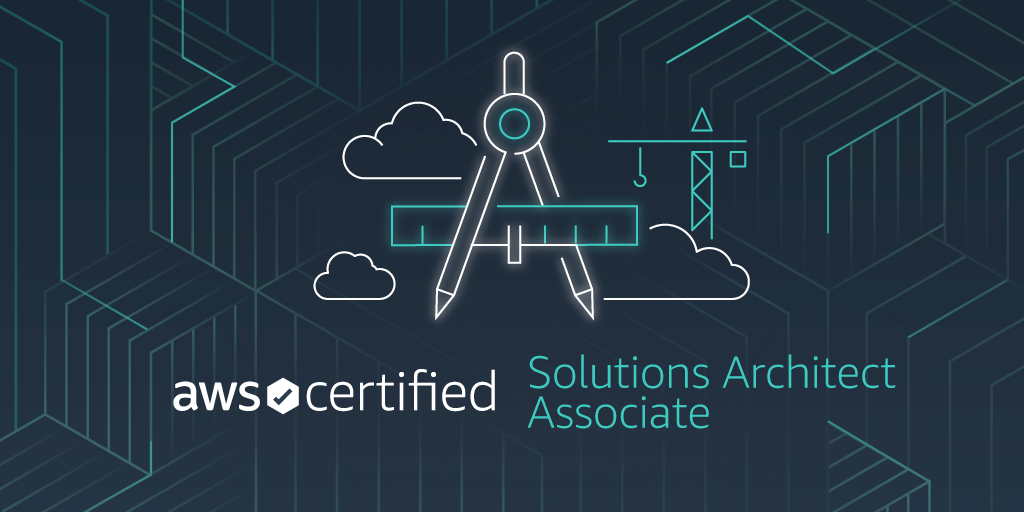Description
Introduction
Cloudera is one of the leading platforms for managing big data workloads with Apache Hadoop and its ecosystem. For organizations that rely on Hadoop to process and analyze large datasets, it is crucial to have skilled administrators who can effectively manage and configure Hadoop clusters. This course is designed for those looking to master the administration of Cloudera environments. It will guide you through the key components of Cloudera, including cluster setup, configuration, resource management, monitoring, and troubleshooting. By the end of this course, you will be equipped to manage a Cloudera cluster and ensure its optimal performance.
Prerequisites
- Basic understanding of Hadoop and distributed computing concepts.
- Familiarity with Linux/Unix systems and command-line tools.
- Basic knowledge of SQL and databases.
- Prior experience with Cloudera or other big data platforms is advantageous but not mandatory.
Table of Contents
- Introduction to Cloudera and Hadoop
1.1 Overview of Cloudera and Its Ecosystem
1.2 Hadoop Architecture and Components
1.3 Key Features of Cloudera Manager and CDH
1.4 Cluster Architecture Design
1.5 Use Cases and Applications of Hadoop - Setting Up and Configuring a Cloudera Cluster
2.1 Prerequisites for Cluster Installation
2.2 Installing Cloudera Manager and CDH
2.3 Cluster Configuration and Setup Process
2.4 Managing Cluster Nodes and Services
2.5 Adding and Removing Cluster Nodes - Managing Cluster Resources with YARN
3.1 Introduction to YARN (Yet Another Resource Negotiator)
3.2 Configuring Resource Pools and Queues
3.3 Understanding YARN Scheduler and Resource Allocation
3.4 Tuning YARN for Optimal Performance
3.5 Monitoring YARN Resources and Jobs - Managing HDFS (Hadoop Distributed File System)
4.1 Overview of HDFS Architecture
4.2 Configuring HDFS and Block Management
4.3 Managing HDFS Data Nodes and NameNodes
4.4 Balancing Data Across the Cluster
4.5 Troubleshooting HDFS Issues - Cluster Monitoring and Health Checks
5.1 Overview of Cloudera Manager Dashboard
5.2 Monitoring Cluster Health and Alerts
5.3 Configuring Monitoring Services for Key Hadoop Components
5.4 Analyzing Logs for Troubleshooting
5.5 Using Cloudera Navigator for Data Lineage and Auditing - Managing and Securing Hadoop Data
6.1 Securing Hadoop with Kerberos Authentication
6.2 Configuring Access Control for HDFS and YARN
6.3 Implementing Encryption for Data in Transit and at Rest
6.4 Integrating Hadoop with LDAP/Active Directory
6.5 Auditing and Compliance in Cloudera - Backup, Restore, and Disaster Recovery
7.1 Planning and Implementing Backup Strategies for HDFS
7.2 Using Cloudera Manager for Backup and Restore
7.3 Implementing Disaster Recovery for Hadoop Clusters
7.4 Automating Data Backup and Recovery
7.5 Testing and Verifying Disaster Recovery Plans - Upgrading and Patching a Cloudera Cluster
8.1 Overview of Cluster Upgrades and Patch Management
8.2 Steps for Upgrading Cloudera Manager and CDH Components
8.3 Handling Version Compatibility and Dependencies
8.4 Ensuring Cluster Availability During Upgrades
8.5 Best Practices for Patching and Upgrading - Cluster Performance Optimization
9.1 Performance Tuning for HDFS and YARN
9.2 Tuning MapReduce Jobs for Better Performance
9.3 Identifying and Resolving Performance Bottlenecks
9.4 Optimizing Resource Management in Cloudera
9.5 Using Cloudera Manager for Performance Insights - Troubleshooting and Resolving Common Cluster Issues
10.1 Common Hadoop Cluster Issues and Their Causes
10.2 Analyzing and Fixing HDFS Problems
10.3 Resolving YARN Resource Allocation Issues
10.4 Managing Failed Jobs and Task Failures(Ref: Cloudera for Data Scientists: Advanced Analytics and Machine Learning)
10.5 Best Practices for Cluster Troubleshooting - Advanced Cluster Management
11.1 Managing Multi-Tenant Hadoop Clusters
11.2 Integrating Apache Hive, HBase, and Other Ecosystem Components
11.3 Data Lifecycle Management and Tiered Storage
11.4 Automating Cluster Management with Scripting and API
11.5 Managing Cloudera Data Hub for Advanced Analytics - Cluster Scaling and High Availability
12.1 Scaling Hadoop Clusters to Meet Growing Demands
12.2 Configuring High Availability for HDFS and YARN
12.3 Fault Tolerance and Recovery Strategies
12.4 Implementing Cluster Load Balancing
12.5 Capacity Planning for Big Data Environments - Cloudera Certification and Best Practices of Cloudera Administration
13.1 Preparing for Cloudera Certified Administrator (CCA-500) Exam
13.2 Industry Best Practices for Managing Hadoop Clusters
13.3 Cloudera’s Recommendations for Cluster Architecture
13.4 Ensuring Cluster Compliance with Security and Governance Standards
13.5 Resources for Ongoing Learning and Certification - Case Studies and Real-World Applications of Cloudera Administration
14.1 Managing Large-Scale Hadoop Clusters for E-Commerce
14.2 Optimizing a Hadoop Cluster for Financial Analytics
14.3 Managing Multi-Cluster Environments for Global Enterprises
14.4 Case Study: Implementing High Availability in a Healthcare Hadoop Cluster
14.5 Real-World Disaster Recovery and Cluster Resilience
Conclusion of Cloudera Administration
By the end of this course, you will have gained a comprehensive understanding of how to effectively administer and manage a Hadoop cluster within Cloudera’s ecosystem. You will be well-equipped to configure, monitor, and troubleshoot clusters, ensuring optimal performance and security. With the skills learned, you will be able to handle tasks such as scaling clusters, managing resources, performing backups, and upgrading components with confidence. This expertise is critical for organizations leveraging Hadoop for large-scale data processing, analytics, and big data applications.







Reviews
There are no reviews yet.